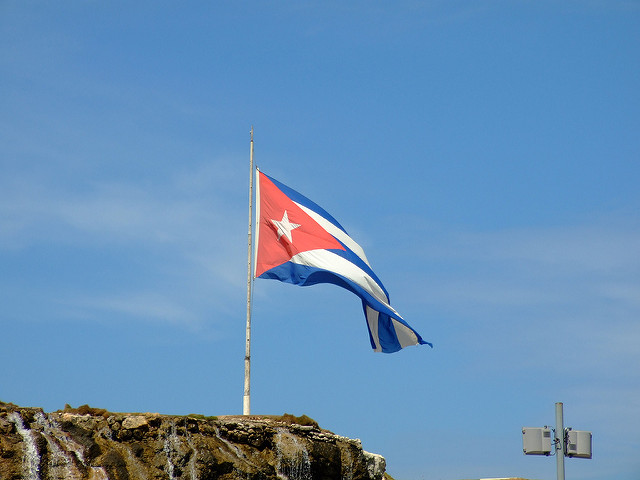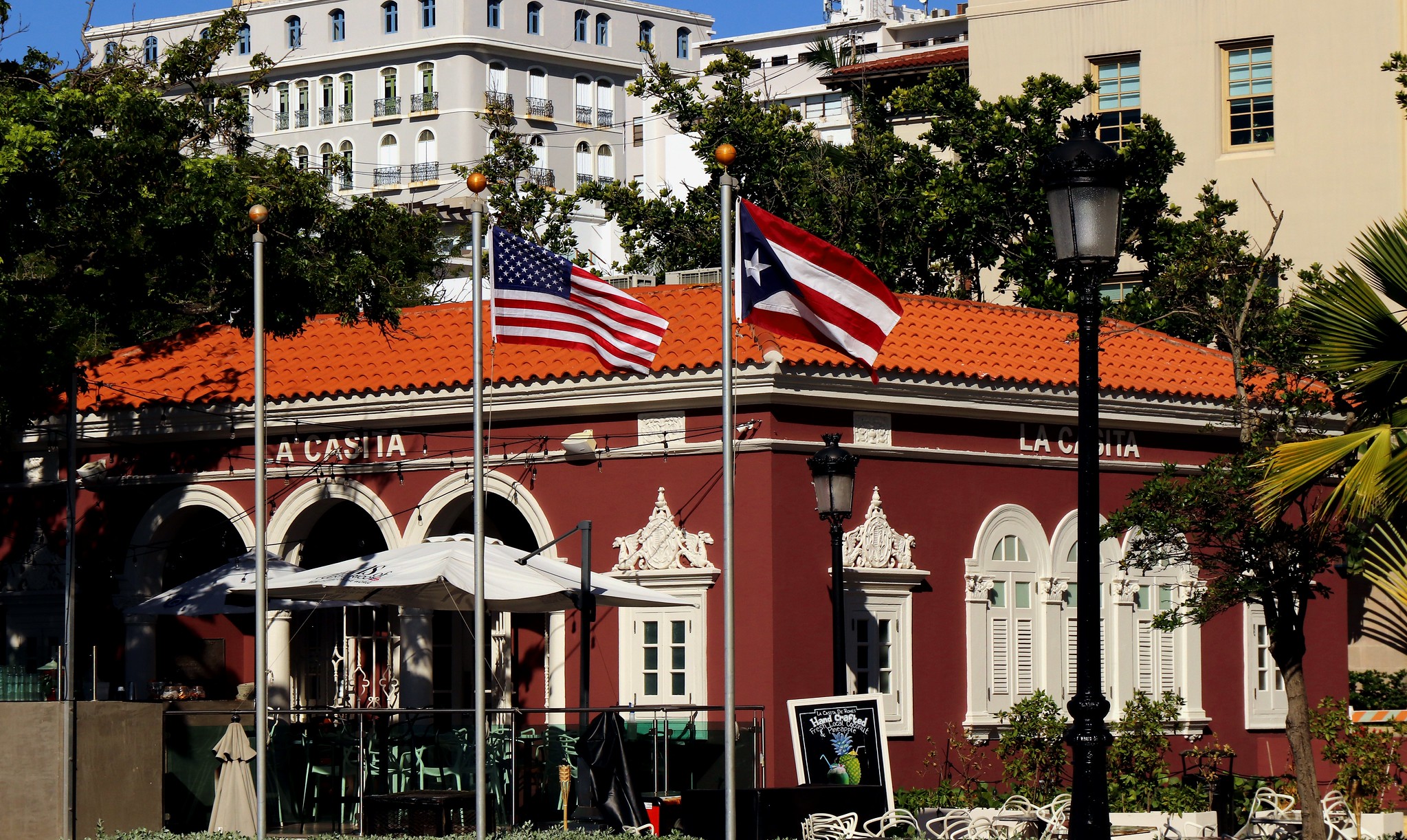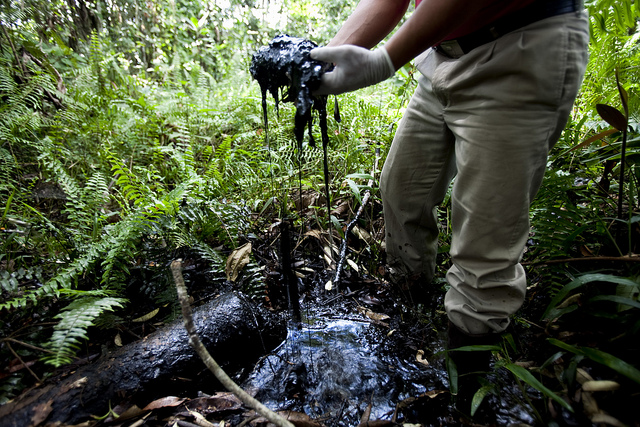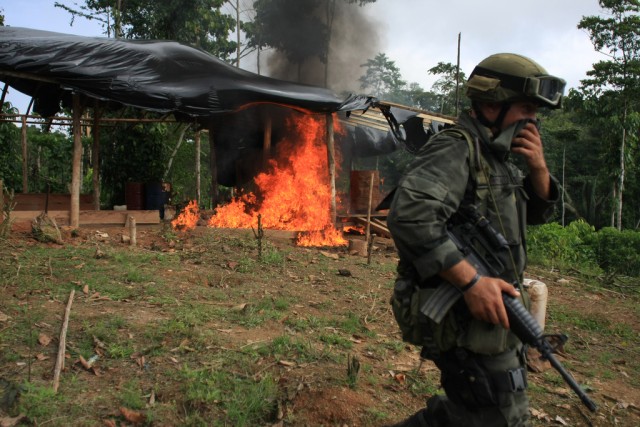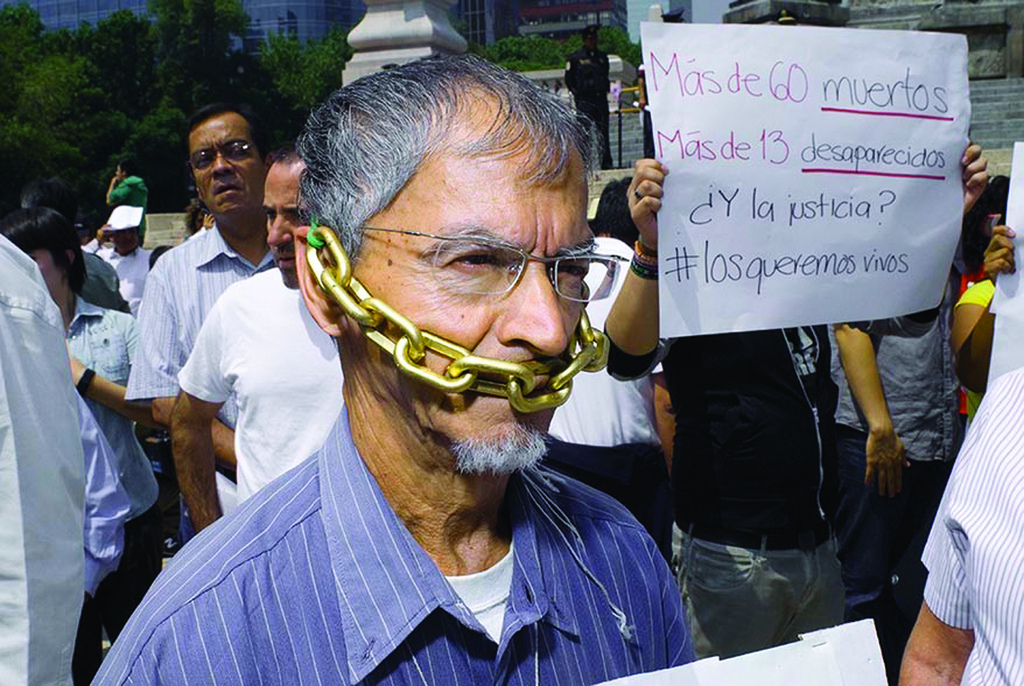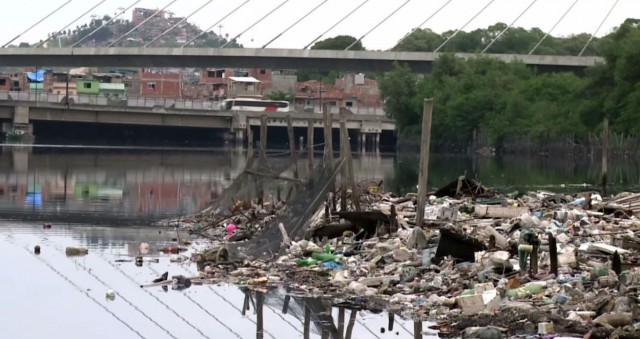
Brazil, Latin America: Week in Review, Southern Cone
Rio de Janeiro Unable to Clean Polluted Bay Ahead of 2016 Olympics: Mayor
March 24, 2015 By Staff
Top Story — Rio de Janeiro Mayor Eduardo Paes conceded Monday that the city would be unlikely to clean up the raw sewage and garbage in Guanabara Bay in time for the 2016 Olympics. Cleaning the polluted waterway, where sailing events are to be held, was one of the city’s major commitments in its bid to host the Olympics.
Speaking with SporTV, Paes lamented the probable failure to deliver on the promise, calling it a “shame” and a “wasted opportunity.” The waterway has been a central concern of Olympic organizers and athletes alike, who say they fear becoming sick from the contaminated water or running into floating garbage during the event.
Many state officials, including the state’s governor, have previously raised similar concerns that the cleanup is unfeasible. Environmental activists and journalists have documented floating trash across the whole bay, including the area to be used for sailing. An Associated Press photographer recently captured an image of a large oil slick trailing a boat, prompting a response Monday from city environmental officials, who pledged fines for the boat’s owners.
Headlines from the Western Hemisphere
North America
- The daughter of Mexican crime boss Danny Roman was sentenced to 15 years in prison on Monday after pleading guilty to racketeering and drug-trafficking charges for assisting her father in running a Los Angeles street gang.
- Famous Mexican singer Javier Rosas is reportedly in critical condition after getting shot on his thorax and leg on Sunday in the parking lot of a shopping mall in the state of Sinaloa — an attack that led to the death of two others in the car with the 23-year-old singer.
Caribbean
- Bookings to Cuba through one New York tour operator are up 250 percent this month, according to The Associated Press, as people quickly make travel plans before the anticipated commercialization of the island following the shift in U.S.-Cuban relations.
- The Internet has become an “object of desire” in Cuba, according to a piece for NPR, which explores the promise of the internet’s spread on the island and the attitude of young Cubans.
- Investor interest in a proposed $2.9 billion bond deal in Puerto Rico that was aimed at helping the island with its $70 billion debt is waning, according to Reuters, after talks among legislators calling for debt restructuring have shaken investor confidence.
Central America
- Guatemala and Honduras have created the “Maya-Chorti,” a joint border task force comprised of around 700 agents, in order to tackle violence and criminal gang activity to curb emigration to the United States.
- Reporter Tracy Wilkinson writes in The Los Angeles Times about the importance of Archbishop Óscar Romero for the thousands of Salvadorans who paid their respects over the past week in remembrance of his slaying 35 years ago.
Andes
- Bolivian President Evo Morales announced that school children in the country will now be required to learn about the country’s current demand to reclaim sea access that Bolivia lost in an 1879 war to Chile — a thorny diplomatic issue between the neighboring countries.
- A multi-vehicle crash involving three buses and a truck on the Pan American Highway in Peru has left at least 36 dead and approximately 70 people injured.
- An independent report commissioned by the Colombian government and guerrilla group FARC on the occasion of peace talks between the two sides revealed that over 54 children were sexually abused by U.S. soldiers and defense contractors between 2003 and 2007, according to Colombia Reports.
Southern Cone
- Nearly 60 percent of Brazilians favor President Dilma Rousseff’s impeachment, according to a survey by polling firm MDA released on Monday, although experts argue that there are insufficient legal grounds for impeachment, and leading opposition figures have come out against such an outcome.
- International news outlets reported on Monday that German coins from the 1940s found in abandoned ruins in Argentina have led archaeologists to speculate that the ruins were originally built as a Nazi hideout, although the archaeologist who originally voiced the theory told The Guardian’s Uki Goñi that the possibility is slim, and that, “The press picked it up and magnified it.”
- Former Guantánamo Bay detainee Abu Wa’el Dhiab told The Associated Press on Monday of his request to meet with the Uruguayan Foreign Minister to discuss his and other former detainees’ future in the Latin American country, where they resettled in December.
Image: YouTube
Subscribe to Today in Latin America by Email
